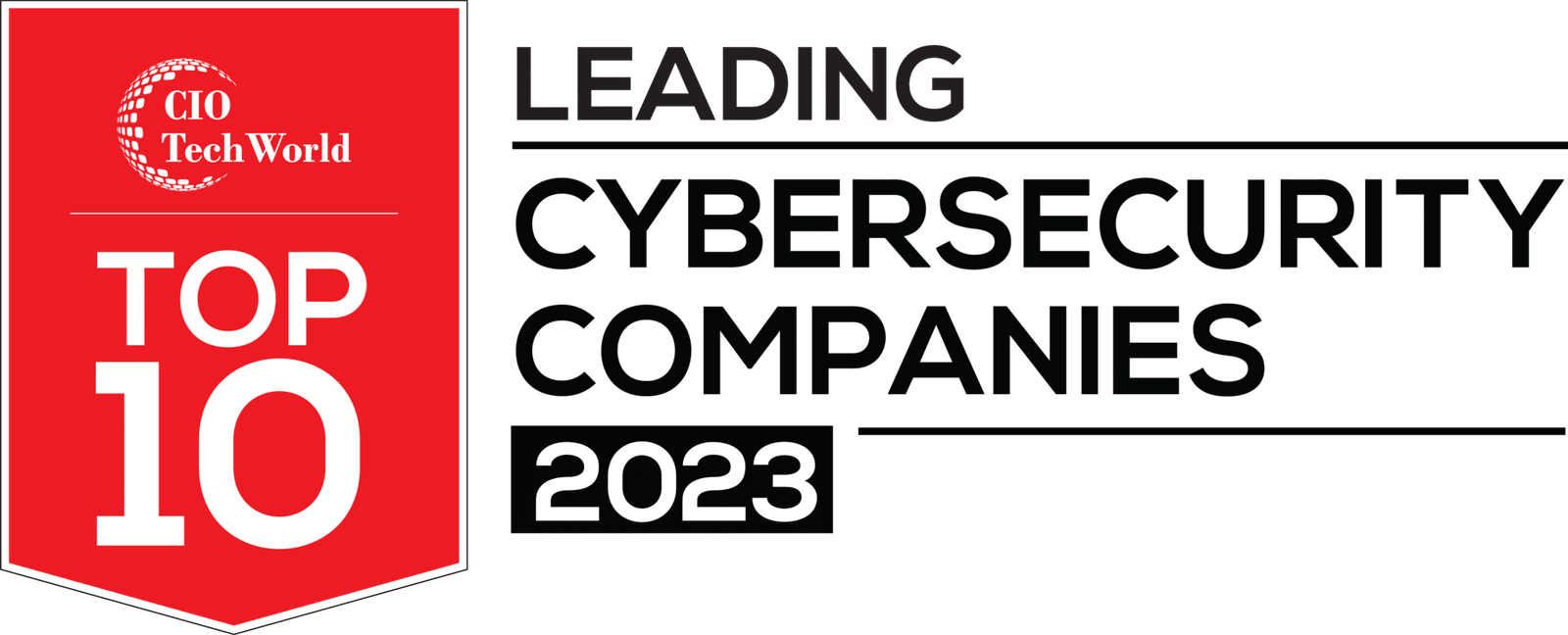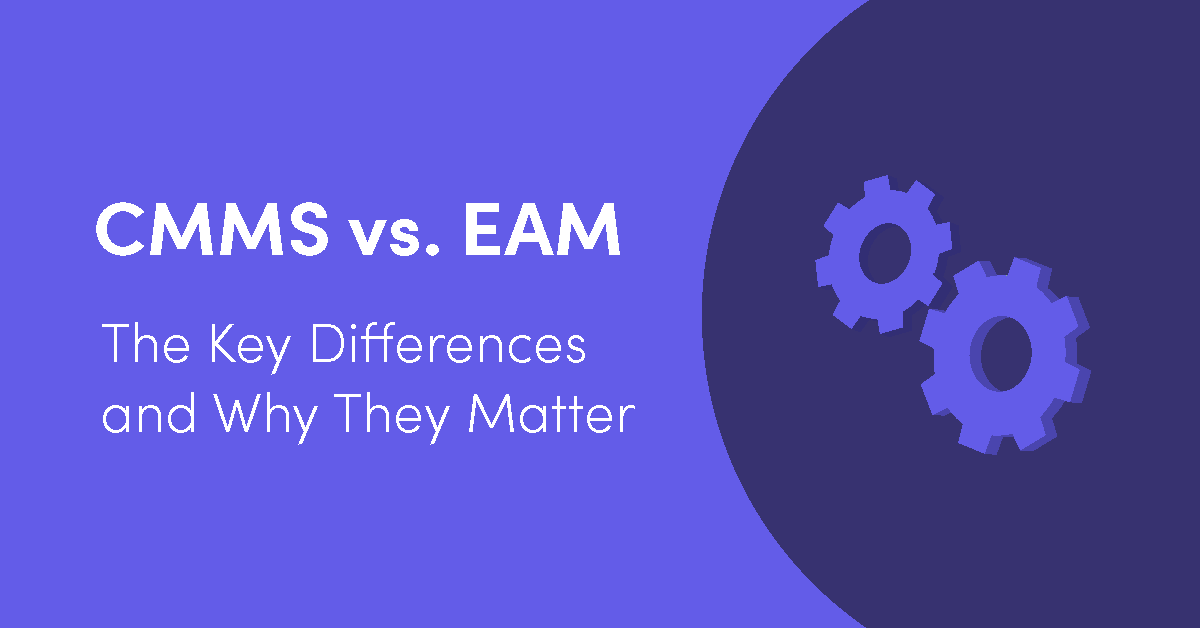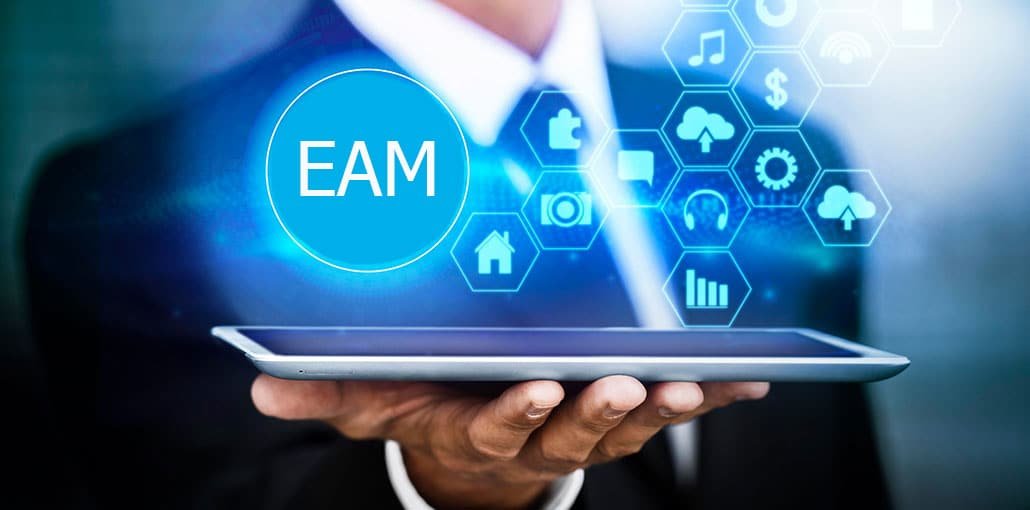Enterprise Software
Technology
The Reshaping of Work: Navigating the Emerging Job Landscape of 2026 and Beyond
Emerging Job Landscape of 2026: The World Economic Forum (WEF) has consistently highlighted the transformative power of technological and societal shifts on the global job market. It's not just about...
Exploring Modern Trends in Workplace Technology
With technology developing by the day, the workplace is undergoing a technological revolution like never before. To stay competitive, companies need to do more than hire skilled employees and build...
Revolutionizing Data Analytics with the New Microsoft Fabric
Microsoft Fabric is set to revolutionize data analytics, making it easier and more efficient. It is an all-in-one platform that integrates over 30 data analytics products from Microsoft's toolset. It...
Optimizing ERP for Small and Medium-Sized Businesses: Key Considerations
Enterprise Resource Planning (ERP) systems are not just for large enterprises. Small and medium-sized businesses (SMBs) can also benefit greatly from implementing an ERP system. By streamlining operations, improving efficiency,...
A Comprehensive Guide to Choosing the Right ERP System for Your Business
Selecting the right Enterprise Resource Planning (ERP) system is a critical decision for any business. An ERP system serves as the backbone of operations, integrating various functions and enabling efficient...
Implementing ERP: Best Practices for a Smooth Transition
Implementing an Enterprise Resource Planning (ERP) system is a substantial endeavor for any organization. It involves integrating multiple business functions, streamlining processes, and centralizing data management. A successful ERP implementation...
The Benefits of Cloud-Based ERP Solutions: Why Your Business Should Consider It
In today's fast-paced and interconnected business landscape, adopting the right technology solutions is crucial for staying competitive. Enterprise Resource Planning (ERP) systems are a cornerstone of efficient business operations, streamlining...
ERP Security: Protecting Your Data and Mitigating Risks
In the digital age, data security has become a paramount concern for businesses. With the increasing reliance on Enterprise Resource Planning (ERP) systems to manage critical business processes, it is...
Understanding the Difference between EAM and CMMS
When it comes to managing assets and maintenance activities, two commonly used software systems are Enterprise Asset Management (EAM) and Computerized Maintenance Management System (CMMS). While both systems share similarities...
Unleashing the Potential: Discover the Key Features and Functions of Enterprise Asset Management (EAM) Software
Enterprise Asset Management (EAM) systems are designed to help organizations effectively manage their assets throughout the asset lifecycle. These systems offer a wide range of features and functions that automate...
























